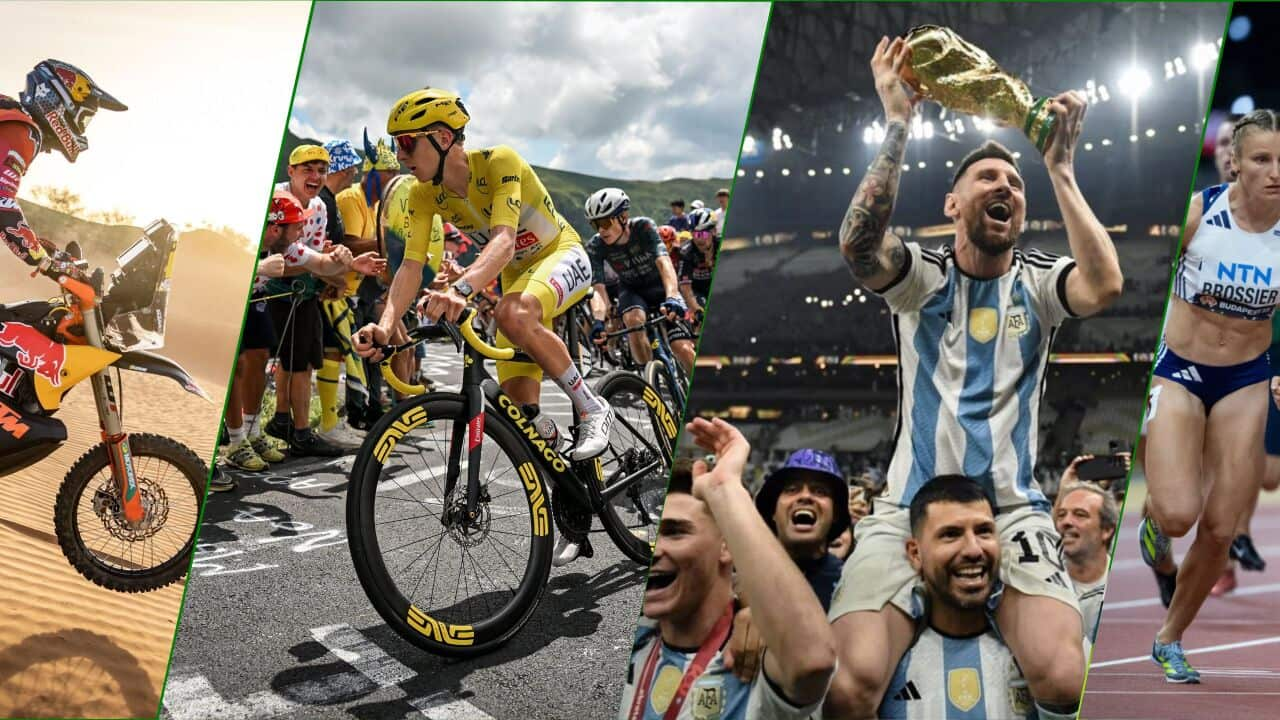A sports lawyer from Victoria, Earl moved to the UK in 2005 and heads up the sports business group at the London firm Fladgate.
In England he has become a major player on the football scene, working on high-profile transfers and deals involving some of the biggest names and clubs in the world.
After starting his career as a tax lawyer in Adelaide, Earl has come a long way to now be involved in major transactions like Gareth Bale’s loan to Tottenham or Alvaro Morata’s move from Real Madrid to Chelsea.
“Football became a big part of life over here,” he told The World Game.
“It’s a massive industry all around the world, but particularly here in Europe and the UK.
"We were working with a lot of clubs and back then a lot of clubs tended not to have in-house lawyers.
“In the mid-2000s there was a lot of legal work around those football club and we were working with 10 to 20 football clubs in the English Premier League, the English Football League and below.
"Over time that changed, a lot of clubs have in-house legal teams now.
"Then in 2008 to 2009 we started to get quite heavily involved in football finance. We were doing it a little bit in the player transfer market, receivables funding for football clubs, but it wasn’t that big.
"The idea of sports finance has blown up since then in a nice way.
“If I look at – a) my practice – and b) the size of the deals we do these days – it has just become enormous in terms of funding opportunities for banks and investors.
"Football clubs have become more sophisticated and they use it a lot to cashload their businesses or manage their finances.
“And that's brought us into contact with football clubs all over the world, but particularly European, southern Europe are big users of these. A lot of the funders are based in the UK. That’s been really interesting and it's sort of a niche area.
“So we've got a bit of a reputation for it and a lot of funds come and find us for it, which is nice.
"It's something that doesn’t exist in Australia really. The way sport is set up in Australia is with franchising and control from the centre.
“And the fact there really isn't a transfer system and, let’s be honest, it's not a big transfer window either.
"But there’s no reason that won’t change over time, and maybe it will. It’s one foot after the other.
“I do wonder over time how that might play out for Australia if soccer starts to become a more prominent mainstream sport.
"If you go back 10 years or more it was still a fringe, minority sport and these days it's recognised on the cusp of being mainstream, if not mainstream.”
Earl started his law career in South Australia and first got into the sports world when working for a firm called Kelly & Co, who’s clients included tennis star Lleyton Hewitt. He later relocated to the UK to join his wife and he now advises in football on sponsorships, image rights, commercial rights, finance, immigration and tax rights.
One of the biggest transfers Earl has been involved in was Spanish striker Morata’s 2017 transfer from Real Madrid to the Blues.
“That was a record deal for them, around £65 million [A$120m],” he said. “And again that was really interesting.
"He'd come over from Spain to relocate to the UK, so there is a big challenge from the tax perspective and we had about 48 hours to do the whole deal, which didn’t really help.
“They wanted him to be a on a plane to Singapore to play on a tour. It was a great way to focus minds, as we we're told whatever happens he's getting on that plane. So that was great, and we did it.”
Earl might not have grown up as a football fan in Australia, but he now has a special appreciation and understanding of the sport after working at such an elite level for several years.
European football is a multi-billion dollar industry, one of intense scrutiny and consequences, but the Aussie lawyer has thrived in this special environment.
“I was very much an Aussie Rules player and fan,” Earl explained.
“When I was at school I remember watching Match of the Day and thinking it was like a distant world, these brands, these football clubs sounded like they were institutions. They were so big. I guess I never expected to be working in the industry.
“It really only kicked off when I got over to the UK and started to understand how football worked and what happens behind the scenes.
"It's not all about money, but I have to say working on those kinds of transactions it gives you an insight into what drives these clubs and to understand the pressure they're under constantly to acquire the right talent.
“A lot of people will look at these deals and say they’re crazy, how on earth could you pay that much money.
“Whether or not it makes sense, it's the way it works and it's hyper-competitive and that’s why they have to pay the talent what they need to score that goal that might get them that vital point, because the stakes are so high.”










